Jewish Dating: The Bashert Test
June 20th, 2016
One of the greatest challenges in life is finding the balance between bitachon and histadlus—recognizing that HASHEM runs the world, yet actively doing our part. If this is difficult in many situations, it is much more so when it comes to choosing a spouse. The question is: what is the correct approach when dating?
The first step is to recognize that Hashem has carefully chosen the ideal match for you, and He wants you to find him or her. But, that person might not resemble the image that you have fashioned in your mind. He may not have the qualities that you think are essential, and she may come with other traits that you don’t think are particularly helpful.
And this is the critical point—the point that most people miss, the point that causes so much misery. It’s not your job to know. You can’t know. That’s Hashem’s job.
Hashem is the wise and generous Creator. Hashem knows the future as He knows the past. Hashem knows better than you do what’s best for you. And Hashem has selected the ideal match for you. Your job is to go out and find him.
To make it easier, Hashem has given us an intuition to know who that person is. That intuition is similar to the intuition that guides us in other areas of life.
Choosing a Career
The Chovos HaLevavos (Sha’ar Bitachon 3) explains that Hashem implanted into each species of animal the tools and the aptitude to hunt for a particular food and the appetite for it. The cow desires grass. The cat craves the mouse. The robin hungers for the worm. These are natural instincts that direct the animal toward what it needs for its sustenance.
So, too, with man. In order to help us earn a living, Hashem implanted in each person an inclination toward a particular type of work. Some people like to work with their hands. Some individuals are real numbers people. Some are natural businessmen. When my son was six years old, he was already buying and selling stuff. I said to my wife, “It’s pretty clear what he should be doing to earn a living.”
Hashem gave each person certain skills and the preference for a specific profession in order to support themselves. When choosing a career, the correct hishtadlus is to follow that predisposition. That’s what Hashem wants that person to do in order to earn a living.
So, too, when choosing a spouse. Hashem gave us the instinct to recognize our bashert. The system that we use to identify that person has two parts to it.
The Paper Test
The first is done before the two meet. Ideally, before anyone has seen anyone and certainly before there is any involvement or emotional investment, you take the “paper test.”
The paper test consists of asking the question: “On paper, do they match?” Are they looking for the same things in life? Do they share a similar outlook? Do they have compatible aspirations for their home? For their families? For life? If he intends to learn for the next ten years, and she only shops in Saks Fifth Avenue—we have a problem.
The paper test determines from an objective standpoint whether this is a good match. That doesn’t mean, “Do they have the same sense of humor?” “Are they equally intelligent?” “Are they similar in personality?” Those are compatibility issues—issues that only they can answer—and only in the second stage of the process.
The paper test is also where you look for things that you won’t see on the date. Is she emotionally stable? Does he have a drinking problem? Are there things in his past that might prevent him from being a supportive husband?
Assuming that the two are holding in about the same place in life, and there are no skeletons in the closet, they meet. Here, however, is where most people make their mistake.
Getting It Almost Right
Mark Twain used to say the difference between almost the right word and the right word is the difference between lightning and the lightning bug—a mighty big difference. In a similar sense, the difference between the way people date and the way they should be dating is often worlds apart.
The reason you meet isn’t because you are looking for “the best girl in Brooklyn” or for “the person with the best middos.” Nor are you searching for “the person you want to spend your life with.” You are looking for the person who was chosen for you.
Not the one who comes closest to your image of what you want. Not someone who’s tall or short, fat or skinny, smart or dumb, introverted or extroverted. You are looking for your bashert—and you don’t know what she looks like, what her personality is like, what type of family she comes from, or even what type of person she is. There is only one way to know if she is the one—you take the Bashert Test.
The Bashert Test
The Bashert Test consists of meeting this person and seeing how you feel. Do you feel comfortable? Do you enjoy her company? Does it just sort of feel right?
Not deep, mad, passionate love. Not fireworks being shot off rooftops. Not even “Wow!” Just, does it feel natural? Your hishtadlus is to see if you feel an intuitive sense that this is the right one.
The questions to ask yourself are: Did I enjoy the dates? Do I look forward to seeing her again? Does it sort of seem to click?
There need not be any high level emotionality. No heart palpations and no shortness of breath. (Those are sure signs of infatuation, which if anything may cloud your vision.) Just an inner sense of peace. A feeling that it’s natural. We enjoy being with each other. It somehow feels like I’ve known her all of my life.
You’re looking for a feeling that this is the right one. When you have that, you move forward with the confidence that Hashem runs the world and that He has guided you to your bashert. And that is the point—Hashem has made the choice; you are out there to find the one that Hashem has chosen for you.
This is an excerpt from the new Shmuz on Bitachon book: Finding and Keeping your Soul mate. Look for it, June 1, in stores and online at www.theShmuz.com
Rabbi Shafier
Born and bred in Kew Gardens Hills, NY, Rabbi Shafier joined the Chofetz Chaim Yeshiva after high school. Shortly after he married, he and his new family moved to Rochester, NY, where he was a high school rebbe for twelve years. It was there that the Shmuz was born. He then moved to Monsey, NY where he was a rebbe in the new Chofetz Chaim branch for three years. Upon the Rosh Yeshiva’s request, he stopped teaching to devote his time to running Tiferes Bnei Torah and the Shmuz.
Rabbi Shafier, a happily married father of six children (and two grandchildren) currently resides in Monsey

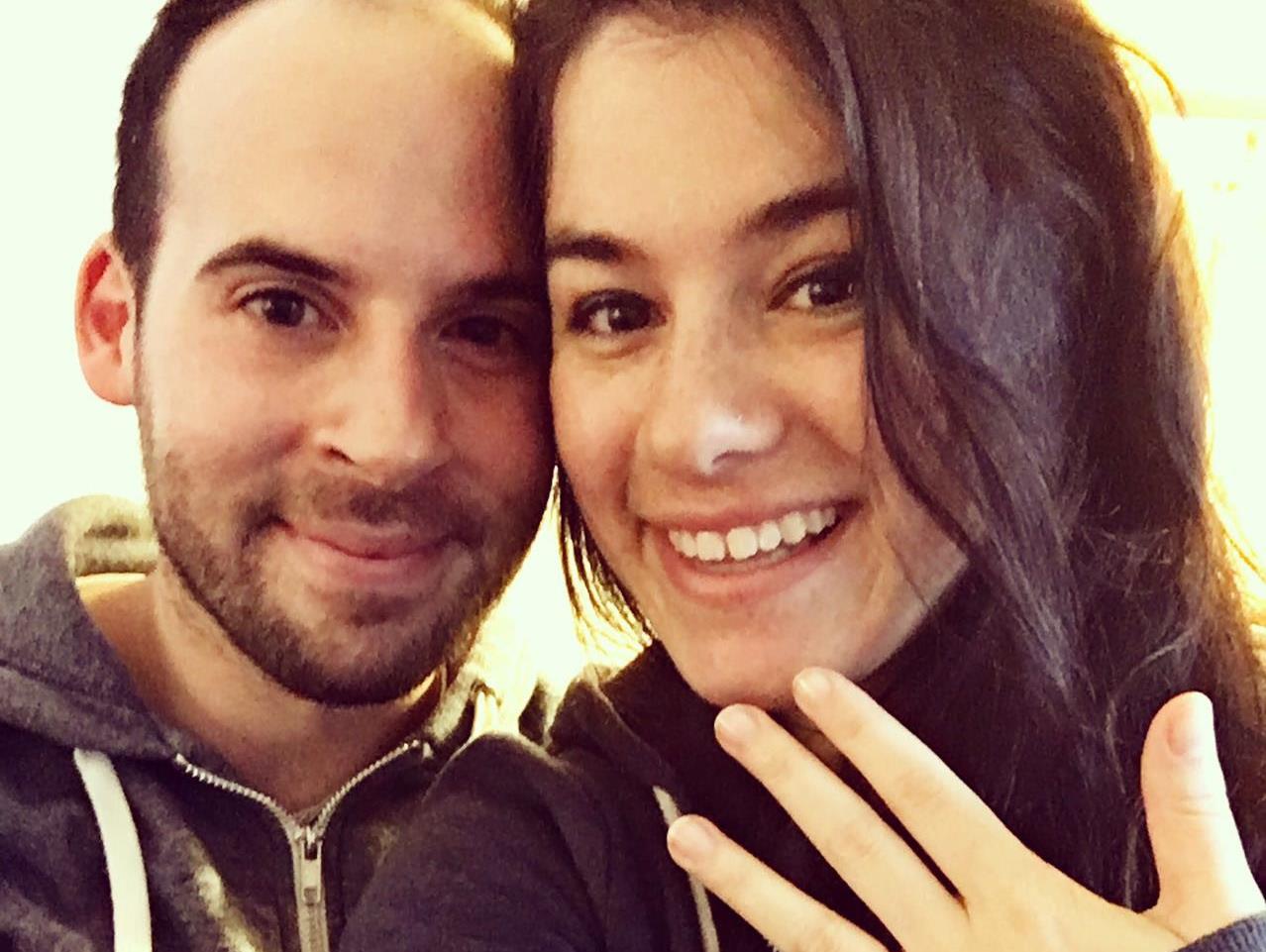
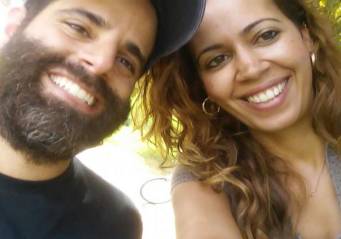
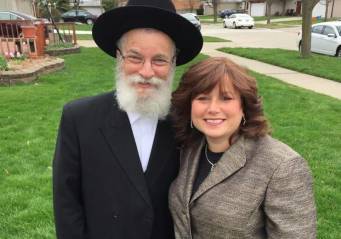
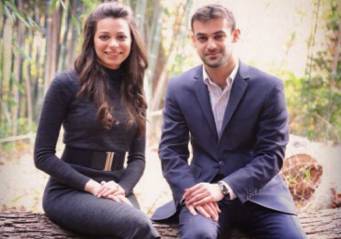
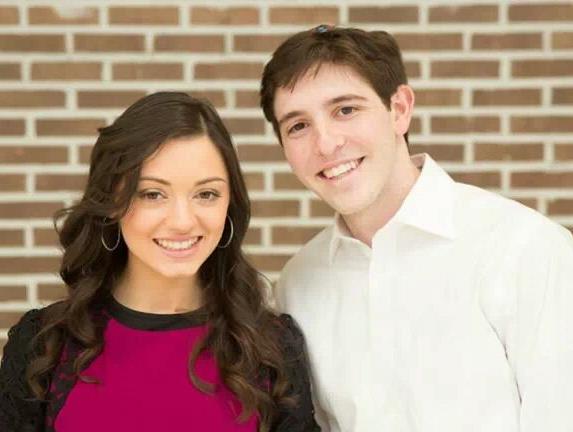
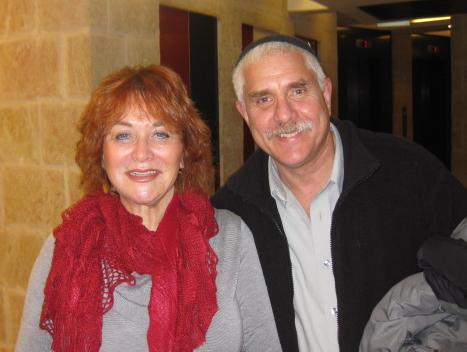
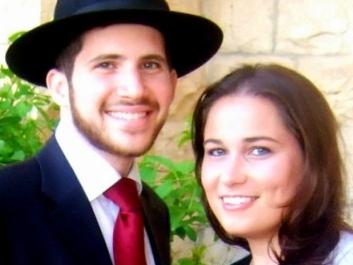
Leave a Reply